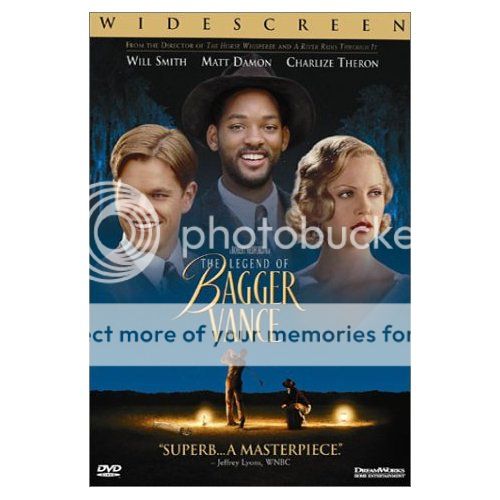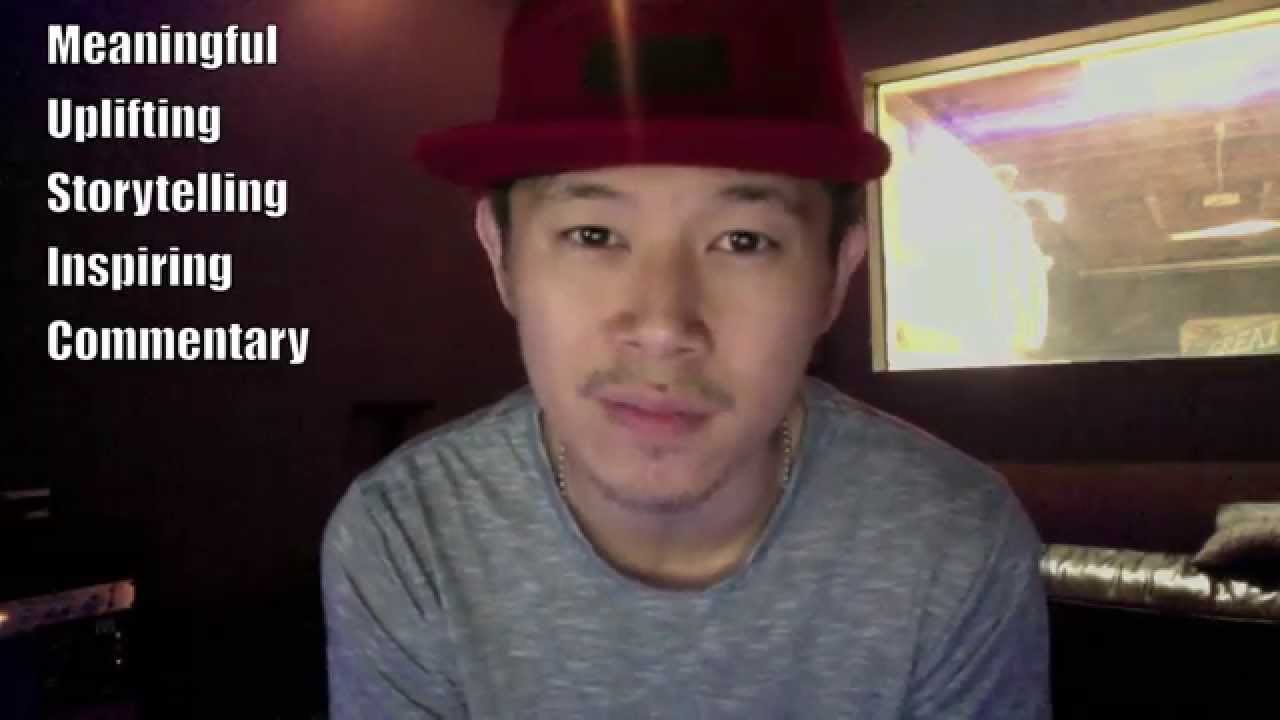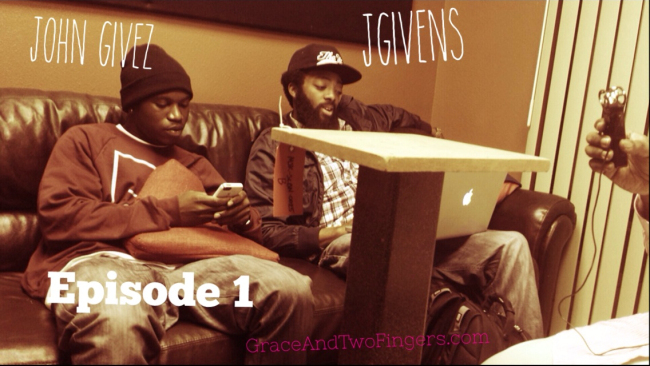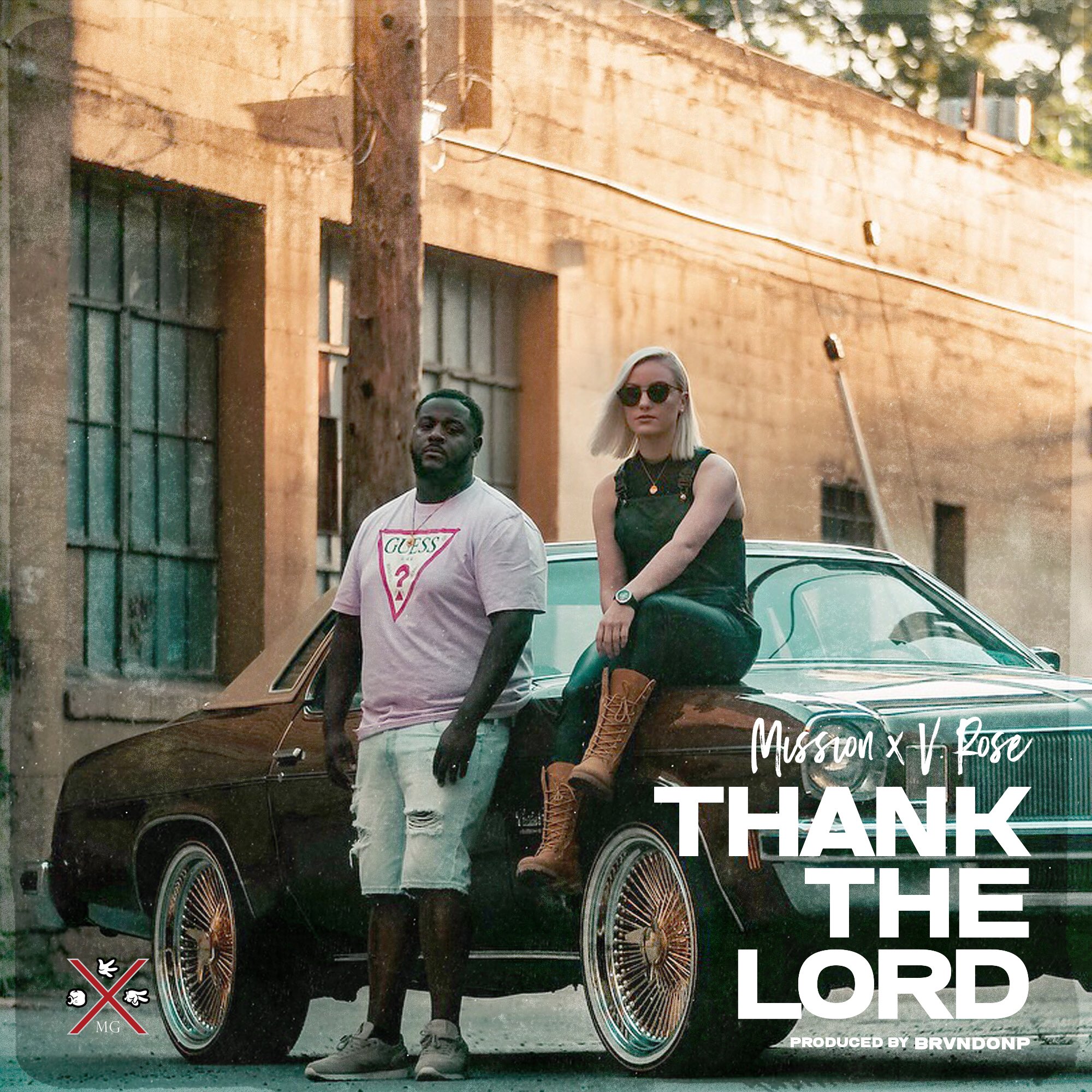I will give you fair warning. In this piece I will be talking about race, racial slurs, and swear words related to Sho Baraka’s Talented Xth album. If you feel that you do not want to read those words please stop reading.
Challenging, rough, raw, provoking, and stirring are not the only words I can think off to describe Talented Xth. From start to finish you get a very pure African-American-inspired musical sound. The ideas presented are profound and are written to a group of people who are the progeny of black Americans.
I never thought I would say this about any Christian hip hop album, but this project appears to be written exclusively to African-Americans. If you didn’t study black history you may not understand the references to W.E.B DuBois or Booker T. Washington. You may get some of the pop cultural references in the track titles, but many of the philosophical elements of the album, even the jazz sounds, are tributes to specific African-American cultural achievements.
There is very little material for other ethnic groups to grab on to. The most inclusive tracks are “Peter Pan” and “Cliff and Claire.” Sadly, I bet that those songs will be the most played by DJs or podcasters since they are the least controversial.
I never thought of myself as a product of the last 24-35 years of African-American urban thinking but instead, as one of the Harlem Renaissance. I spent time reading black history as a youth and continue to do so today.
Most of my family structure and thinking comes from African-American cultural movement found in the 20’s. I recall stories of my grandmother on my father’s side fighting to become one of the few African-American teachers to be certified.
Snoop, 2Pac, Dr. Dre, N.W.A., and many other secular rap icons didn’t hit my ears until I was in late middle school or high school. The vulgarity I heard there made my spirit sick. At that time I could tell you more about George Washington Carver than what the plot to Friday was.
Because of this, I’ve never thought “n—a” was a justified term of endearment between black people. I always thought “n—a” and “n—-r” were twins birthed from the same mother – ignorance. So when I heard Sho’s song “Jim Crow” (aka “N—a Island”) I was pushed into a divided position.
At the other end I am frustrated because a man as deep as Sho couldn’t find a better way of conveying the message without using the word “n—a” and also blindly referencing a general view of white males. The mistake Sho commits is that he fails to separate the category of “white men” from “rich people who exploit.”
This is a more applicable understanding of the current state we are in. It is also easy to overlook the elements of black history in which other African tribes sold our ancestors into slavery and that there were people of African descent who bought slaves the colonized world. Whites are not the only people who have oppressed black Americans. We did it to ourselves as well.
Talented Xth brings up some other elements from African-American culture that should be talked about more. There are several stereotypes that Sho Baraka attacks which have been overlooked by many commentators. The idea of African-Americans bleaching their skin to be “white” looking still goes on. Read up on the history of greasing and straightening African-American hair as another example of beauty features being identified with those of white people. The bleaching element is not just physical. We see it in the massive amount reckless materialism in black culture. A poor African-American will buy stuff because rich white people have it.
I never thought I’d hear a Christian hip hop record challenging the ideas of the “Magical Negro,” pimp, coon, and “Token Negro” roles that are forged in Hollywood and in literature. As thankful as I am for that, I would have liked for Sho to address the “Suzy Q,” “Sapphire,” and “Mammy” stereotypes as well.
Personally, I had to take a moment and step back and see if I am living the “Magical Negro” role. I have many skills. I have even more goals. I’ve been unable to meet many of them, but I am able to help many others, the majority who are white, reach their goals. So I don’t say any of this without it touching home for me. I never saw a correlation between myself and Bagger Vance until I listened to this album.
 What Sho Baraka did on the Talented Xth is biblical. While this is some of his best work, he will get major kick back from this. But if you read the Prophets you will hear some harsh words about the rich manipulating the poor. Read Amos and you will hear the same tone as the Talented Xth. Look up the term “Cows of Bashan.”
What Sho Baraka did on the Talented Xth is biblical. While this is some of his best work, he will get major kick back from this. But if you read the Prophets you will hear some harsh words about the rich manipulating the poor. Read Amos and you will hear the same tone as the Talented Xth. Look up the term “Cows of Bashan.”
Is the album as Christo-centric as most of the other gospel rap products? While this album is not blatant scripture and Jesus shout-outs every other track, it is still falls into the category of “doers of the word.”
Social justice is biblical. Caring for the poor is biblical. Sho displays a hurt and pain of one raised in the history of African-Americans. The flaw is that he identifies the enemy as the total sum of “white men” and those blacks that promote foolishness.
But he fails to show distinction in the use of those terms and each group’s various levels of intelligence. It’s a lack of nuance. If everything is at high detail by design (from the track list to every lyric) then I have to conclude that what is presented is to be digested in a specific manner. If Sho doesn’t have an all-encompassing view on white men that mimics the perspective offered by the album then it was intellectual laziness on his part not to show that distinction. Sho would know that the black sharecropper and the white sharecropper had more in common in their oppression than the white sharecropper and the white Wall Street trader have in race.
In the end, this album is not for everyone – which is fine. There is no rule in music that it has to reach or be for everyone. I think that is a lesson Christian hip hop is overdue to learn. I do not know what doors this will open outside of the church, but I hope it points those people to Christ.
This album shows that to move forward we must get a firm grip of the past. While there is more Booker T. Washington and Langston Hughes in me than W.E.B. DuBois, I have to give it up to Sho Baraka and Talented Xth.
If you have any feedback post in the comment section below or hit me up on Twitter @speakredwords.





![No Malice – The Making Of “Blasphemy” [Behind The Scenes]](https://www.jamthehype.com/wp-content/uploads/2014/02/BTS-No-Malice-The-Making-Of-Blasphemy.jpg)
